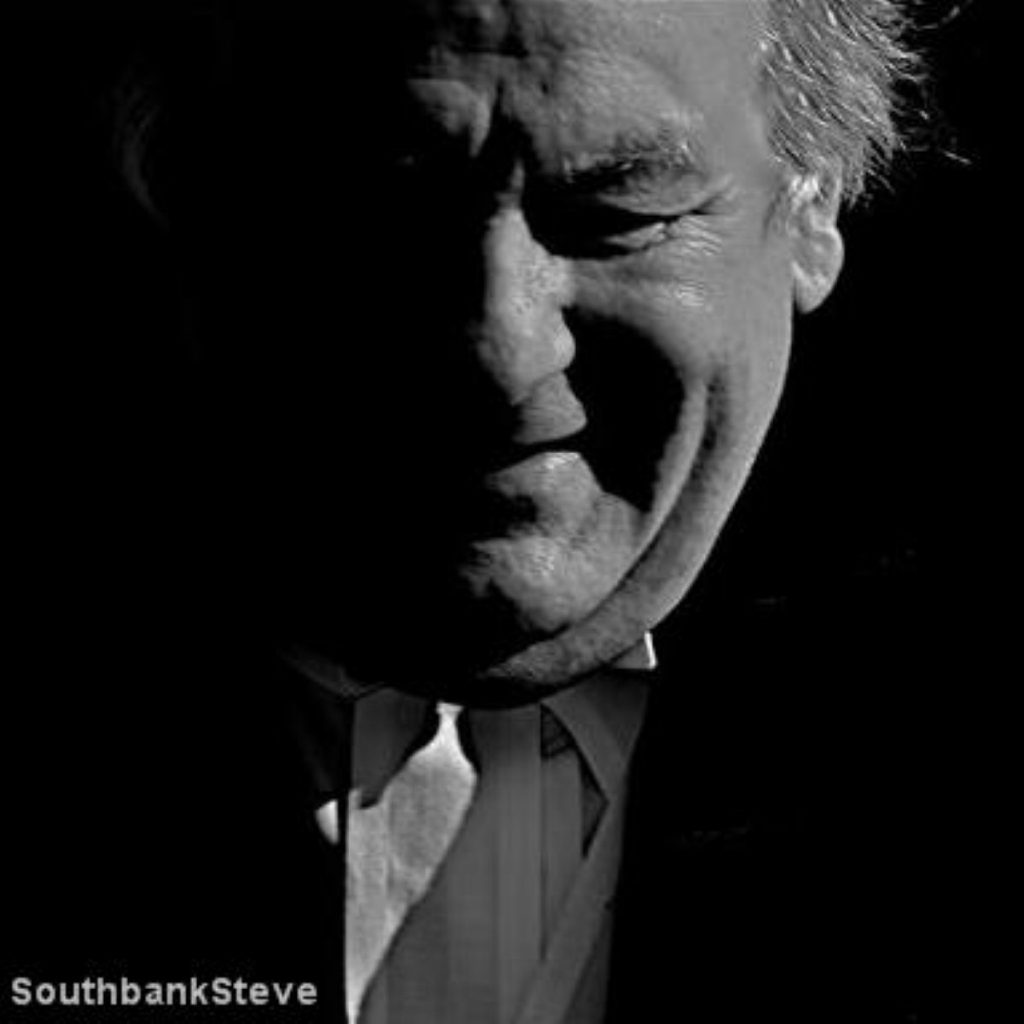Legg blames parliament, MPs and the Speaker
By Ian Dunt
Sir Thomas Legg blamed parliamentary culture, the Speaker and MPs themselves for allowing the system of expenses to become so damaging to British politics today.
In his report on the use of additional costs allowance (ACA), published today, the civil servant said the Fees Office was unable to withstand the influence of politicians.
“The authority and legitimacy of the Fees Office was much less than seems to have been realised by most MPs at the time,” he wrote.


“These officials were not civil servants with an independent duty to, and accountability for, the public purse. They were servants of the House and, while of course supposed to observe and apply its rules, they were also in practice expected to do so in the ways most beneficial to the MPs whom they were there to serve.
“The CSPL [Commons standards in public life] report has spoken of a ‘culture of deference’, and my own view over the years, on the audit committee and conducting this review, has been that this expression is justified,” he went on.
Sir Thomas implicitly criticised other elements of parliamentary power, including former Speaker Michael Martin, who lost his job in the wake of the expenses scandal.
“The Fees Office was… vulnerable to the influence of higher authorities in the House of Commons, from the Speaker down, and of individual MPs,” he said.
“In practice during most of the review period, these influences tended more towards looking after the immediate interests of MPs than to safeguarding propriety in public expenditure.”
Sir Thomas also fiercely criticised the expenses system in general.
“The ACA was deeply flawed,” he said.
“In particular, the rules were vague, and MPs were themselves self-certifying as to the propriety of their use of the allowance.
“Taken with the prevailing lack of transparency and the ‘culture of deference’, this meant that the Fees Office’s decisions lacked legitimacy; and many of them were in fact mistaken.”
Sir Thomas’ report called on 390 MPs to pay back money this morning.
Three MPs were ordered to pay back over £40,000. The highest repayment ordered by Sir Thomas stood at £65,000, but Sir Paul Kennedy, who issued his judgement on appeals against repayment demands today, reduced that to just £42,458.
Fifty-six MPs were ordered to repay between £5,000 and £40,000.
Labour’s Barbara Follett suffered the highest demands. She was asked for £42,458.21 after organising mobile security patrols at her house, six separate telephone lines for her second home, an additional insurance premium for fine art, and £193.78 for pest control.
“I did try to act as honestly as possible, but where I failed, I’m sorry,” she told the BBC.
Phil Woolas, immigration minister, was ordered to pay back £886.16 for overpaid mortgage interest and gas charges.
The most prominent MPs who have been asked to pay back money, such as the three party leaders and many members of Cabinet, have already done so.
A total of £800,000 has already been repaid since April last year.
Of the 70 appeals against Sir Thomas’ judgement, 44 have been wholly or partly successful.
Some MPs still have to pay back money, however.
Margaret Beckett, former foreign secretary, overclaimed on gardening costs by £2,539.75. She will now have to pay the money back.
Geoff Hoon, former defence secretary and Brown coup plotter, was asked to pay back £767.66 today after overclaiming on his mortgage interest. The Ashfield MP had already paid back £383.76.
Kim Howells, former Europe minister and one of the lowest claiming MPs in Wales, nevertheless had to pay back £659.11 for mortgage interest payments.
Former education secretary Ruth Kelly has been ordered to pay back £1,707.34 for a variety of offences, including mortgage interest and a claim of £157.90 in 2008-09 for newspapers, which are not allowable under the ACA.
Former Northern Ireland secretary and Wales secretary Paul Murphy has been ordered to pay back £2,237.72 in cleaning costs, mortgage payments and a wardrobe that exceeded the guideline price.
Former international development secretary Clare Short, who set the Iraq inquiry alight with a dramatic testimony this week, is being asked to pay back £2,588.80 for mobile phone bills, gardening and cleaning costs.
MPs have until February 22nd to pay back any money demanded by Sir Thomas.
Those who refuse will find it subtracted from their salary.
Gordon Brown has toyed with the idea of withdrawing the whip from those MPs who do not pay back money.
His spokesman said this morning: “The PM feels very strongly that this is one part of restoring trust in the way our political institutions have been operating and continue to operate.”
David Cameron urged his MPs to pay back any claims demanded of them, and Nick Clegg said the remit of the report did not go far enough.
Writing in the Times today, Speaker John Bercow described today’s report as “the last remaining reels of a particularly grisly horror movie”.

